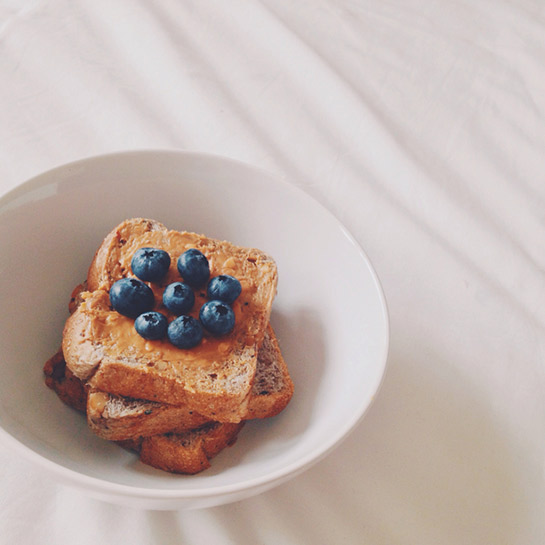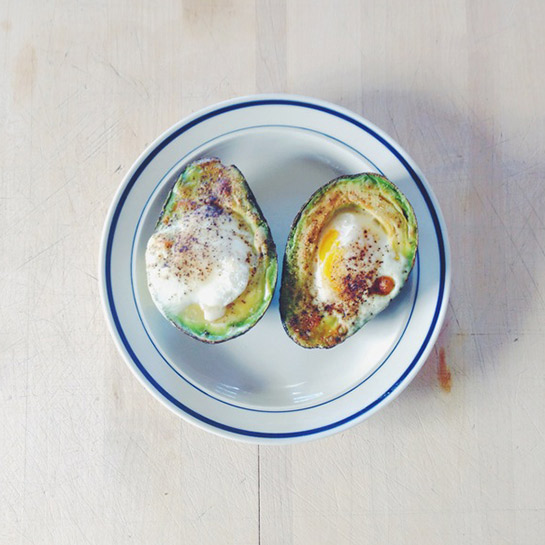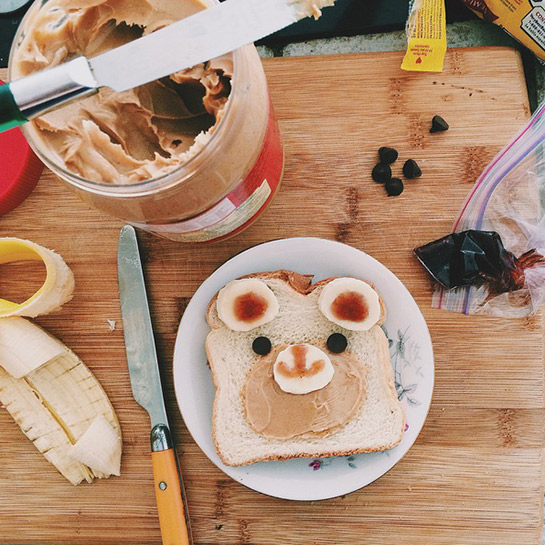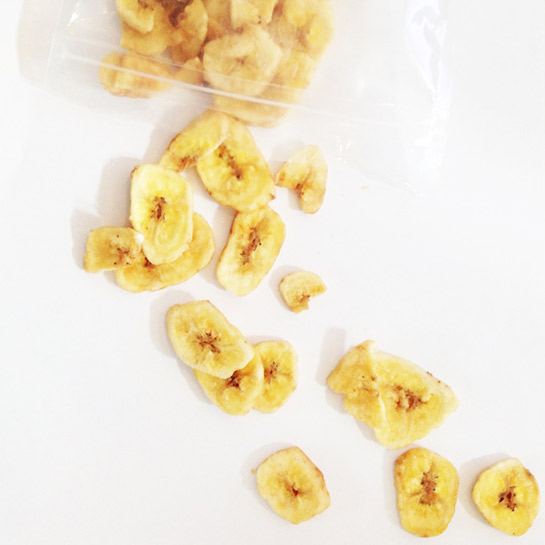Breakfast of Champions

Whether you’re short on time or just aren’t hungry enough, if you or your family are part of the 18 percent of the population regularly skipping breakfast, you need to rethink your habits. According to Dr. Morton Tavel, Clinical Professor Emeritus of Medicine at the Indiana University School of Medicine, breakfast does more than just provide fuel for the day. “Various small scientific studies have suggested that skipping breakfast may carry several adverse consequences, including weight gain, elevated blood cholesterol, high blood pressure, development of diabetes, and increased risk of heart disease,” he says.
Love this? Follow us on Pinterest.
Image via Twenty20/guzelika
Non-Hunger Pains

So you say you’re not hungry in the mornings—a common excuse for many. But it’s best to ignore your stomach’s objections and feed it anyway, says Dr. Jo Lichten, a PhD nutritionist, registered dietitian and the author of "Reboot:How to Power Up Your Energy, Focus and Productivity." “Even if we don't feel hungry after a night’s sleep, our body needs a replenishment of glucose,” says Lichten. “While much of the body can burn fat, which we have plenty of, the brain and red blood cells that transport oxygen throughout our body only burn glucose as its fuel.” What happens if the body doesn’t have glucose to burn? The body will break down muscle and turn it into glucose, which definitely isn’t good, adds Lichten.
Love this? Follow us on Pinterest.
Image via Twenty20/zynp
Easy Does It

If you truly aren’t a morning person, it’s important to start your new breakfast routine slowly and with small portions, choosing foods that are more of a snack than a meal. Some suggestions from Natalie Stephens, RDN, LD, a registered dietician and nutritionist at the Ohio State University Wexner Medical Center, include a carb and protein balance, such as a banana with peanut butter or Greek yogurt topped with berries, seeds or nuts. “The key to feeling your best, even if you’re not a morning person, is to ease yourself into this new habit. You’ll find yourself a bit more energized once you’ve given your body some fuel,” says Stephens.
Love this? Follow us on Pinterest.
Image via Twenty20/tiffanikosh
Nutrient Rich

Another advantage of breakfast: It tends to include more foods rich in fiber and protein than other meals during the day. Incorporating fruits and protein sources into your breakfast routine helps you get a large portion of your daily nutrition requirements first thing. Dr. Tavel recommends focusing on protein sources like eggs, yogurt, low-fat milk, cheese and nuts while minimizing processed meats like bacon and sausage.
Love this? Follow us on Pinterest.
Image via Twenty20/tjasha
Protein Plus

Speaking of protein, a protein-packed breakfast is a must for those hoping to lose or maintain weight. “Protein provides a lengthier sense of fullness but also burns up more energy while being digested, resulting in fewer excess net calories to deal with,” says Dr. Tavel. If you particularly have a difficult time resisting snacking frenzies later in the day, eating a breakfast that includes a high-protein source is your new secret weapon since it delays hunger.
Love this? Follow us on Pinterest.
Image via Twenty20/acidgypsytrip
Brainpower Boost

If you want your kids to do well in school, or if you want to continue exceling at work, breakfast is a no-brainer, or rather, a big-brainer. “Some of the immediate benefits of breakfast are scientifically documented. These include improved concentration and performance at school or work, better physical strength, endurance and improved eye-hand coordination,” says Dr. Tavel.
Love this? Follow us on Pinterest.
Image via Twenty20/thecleelife
Metabolism on the Move

Breakfast is named for its function: Breaking the fast after several hours of sleep, which means it’s the key to jump-starting our metabolisms. “For every cell in your body to keep functioning, it takes energy, or calories, to keep our complex system going,” says Stephens. “By eating breakfast consistently, you’re telling your body to get all its ‘engines’ running again which can help with digestive health, metabolism and concentration.”
Love this? Follow us on Pinterest.
Image via Twenty20/noraeys
A Healthy Heart

It’s not just you and the kids who need to be squeezing in breakfast. Make sure your husband is on board,too. A recent study in the American Heart Association journal "Circulation" found that men who skipped breakfast over the course of 16 years had a 27 percent higher risk of heart disease compared to those who made it a priority to eat in the mornings. “This is powerful information that supports the idea that, by just including breakfast alone in your diet, you may be reducing your chances of disease,” says Dr. Tavel.
Love this? Follow us on Pinterest.
Image via Twenty20/zynp
Snack Attack?

While breakfast can hold some people over well until lunch, be aware this isn’t the norm for most. In fact, it’s OK to be hungry within three to four hours of having breakfast. So go ahead and have a mid-morning snack or head to lunch earlier and don’t feel guilty about either one. “That’s a good sign you’re actually listening to your body’s cues on hunger which can lead to a healthy weight, stabilized blood sugar levels, and a better energy balance,” says Stephens.
Love this? Follow us on Pinterest.
Image via Twenty20/Tyler




